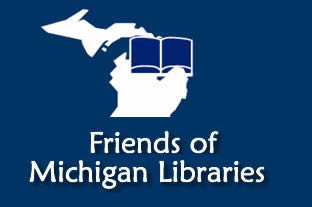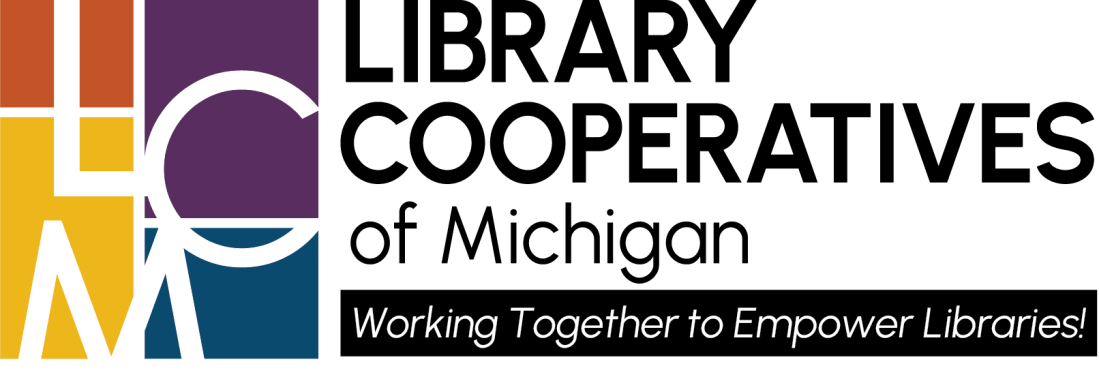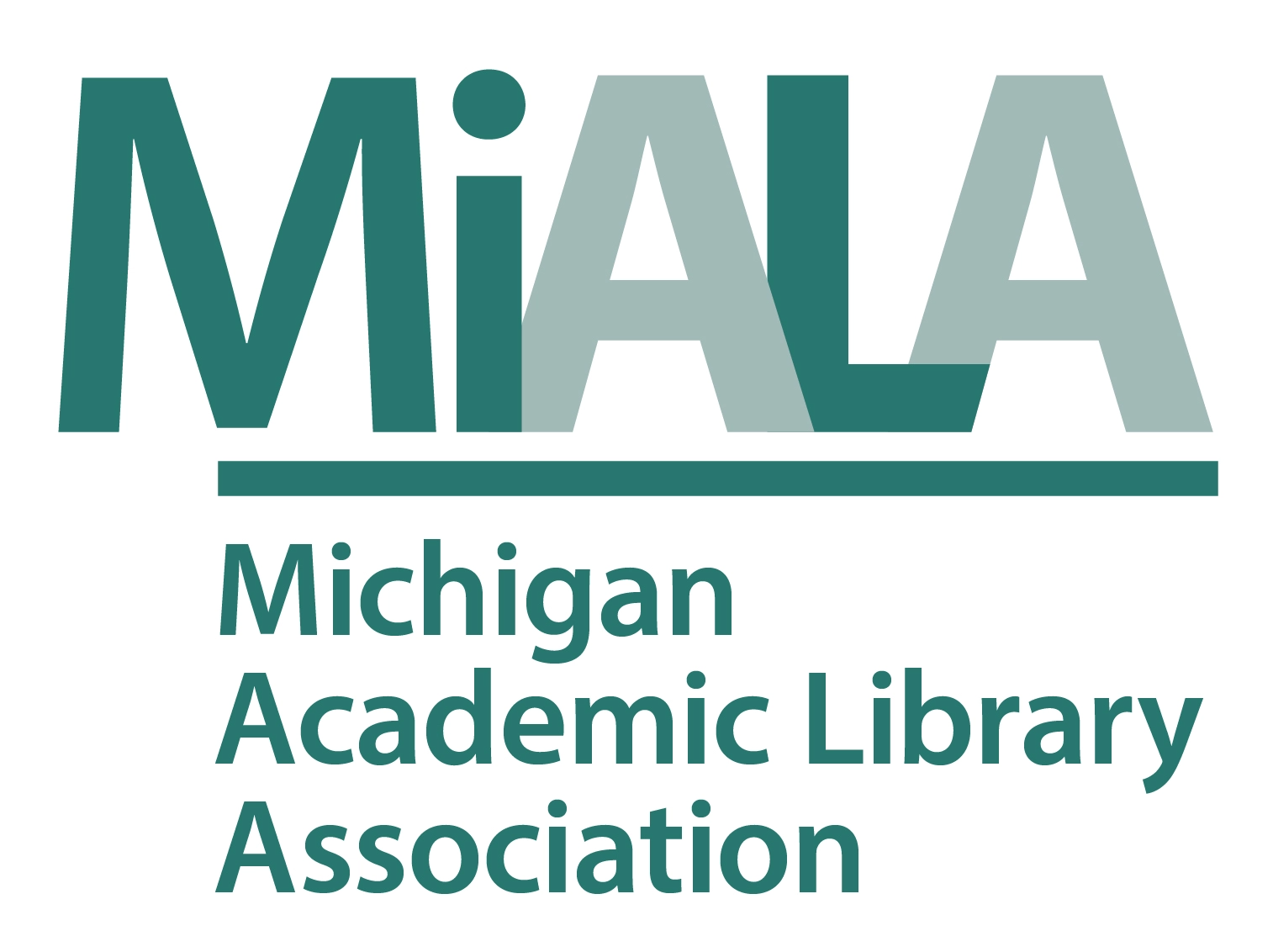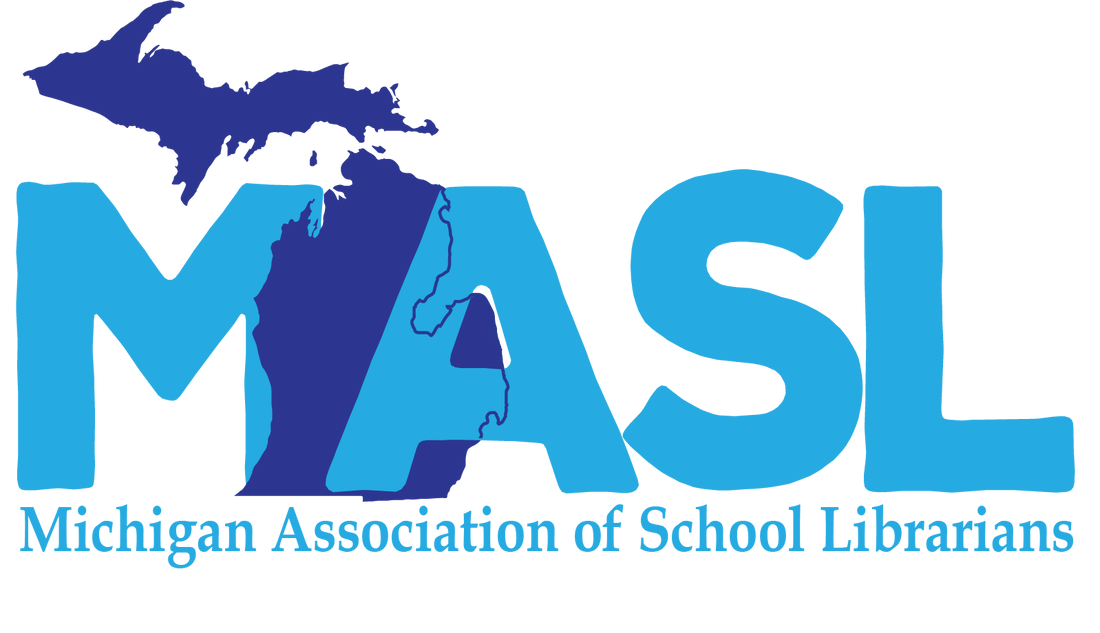|
Intellectual Freedom Home | MI Right to Read | TOOLKIT | Message Center | Request Advocacy Resource Funds
Intellectual Freedom Toolkit
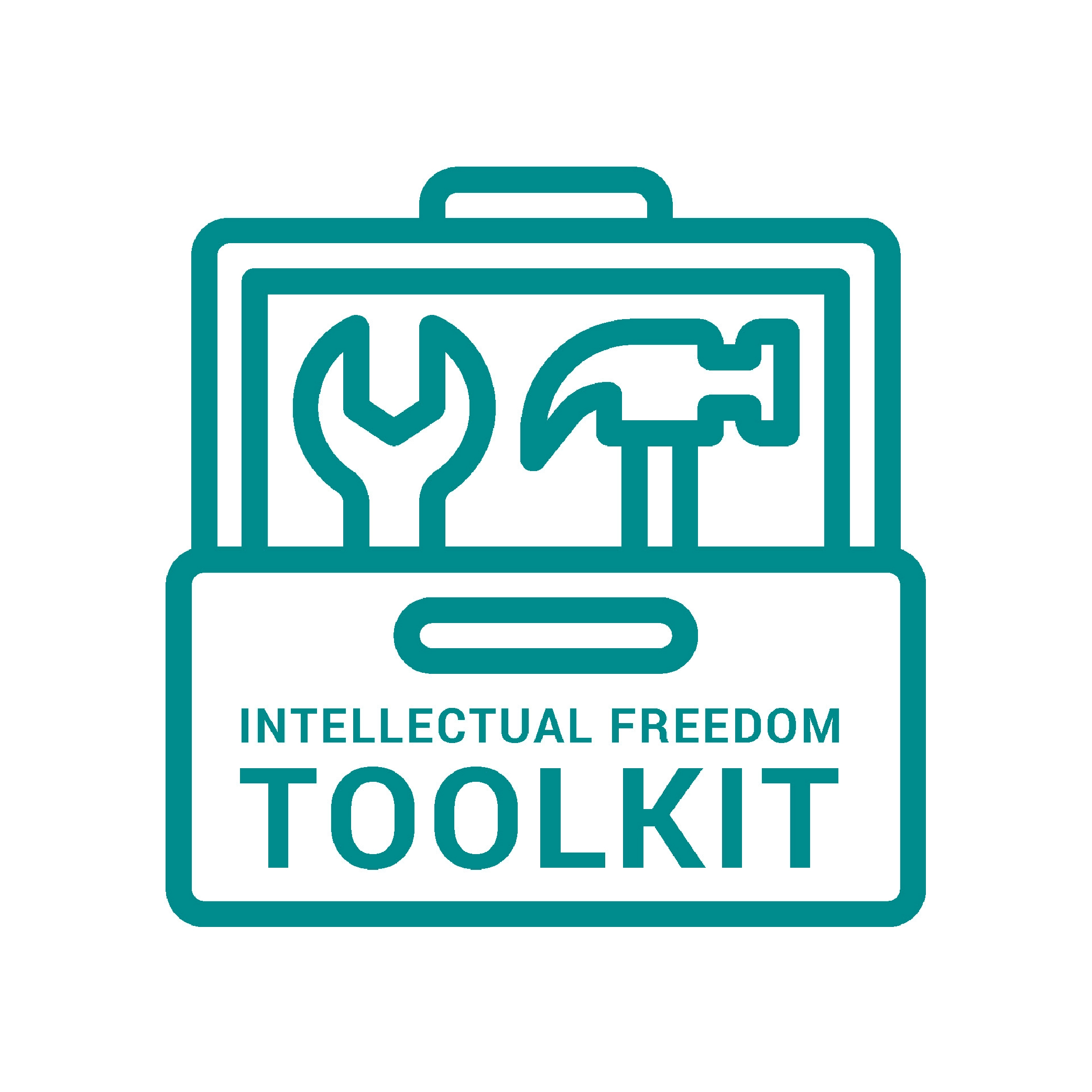
What is intellectual freedom? What does the First Amendment protect? Is there a difference between a challenge and a ban? Get answers with our Intellectual Freedom Fact Sheet. For information specifically about the legal test for obscenity, click here.
Next, start preparing for challenges to intellectual freedom with this quick guide.
You may also want to review our explanations of the collection development process and frequently challenged topics when considering how to talk about censorship.
The research, resources and discussion included here are only for purposes of information and research and not for the purpose of providing legal advice. Libraries should contact their attorneys for advice with respect to a particular issue or problem.
Building a coalition? Consider purchasing MI Right to Read shirts for your team! Show support and build your own brand by wearing the same color. Profits support the MI Right to Read coalition.
Using this Toolkit
Resources in this toolkit include:
Click on the above links to jump to a section.
Reporting Censorship
If you hear of a challenge in your community, please share it by using this form so we can begin the work to find out how to help.
We encourage you to use this form to also request support concerning material challenges. These messages will be handled in confidence. We will not share your information with anyone without your permission.
The Michigan Cooperative Directors Association is working closely with MLA and the MI Right To Read coalition to ensure libraries across the state receive the support they need to defend the freedom to read. Michigan's network of Library Cooperative Directors will work together to provide regional support to libraries when the need arises. When you submit a request for support on this page, your library’s Cooperative Director will respond promptly to ensure you have the information, resources, and mobilization tools you need to address material challenges at your library.
The American Library Association’s Office for Intellectual Freedom also collects statistics about censorship attempts. You may report incidents anonymously.
Back to top
General Resources
Resources on First Amendment law from Fight for the First:
Back to top
For School Library Staff
Back to top
For Public Library Staff
Back to top
For Library Boards and Trustees
Back to top
For Parents and Caregivers
- Student Advocates for Speech from the National Coalition Against Censorship
- Top review sources recommended by the American Library Association:
- Other resources for parents and caregivers to evaluate materials on their own:
- Common Sense Media provides detailed reviews regarding the content of books, movies, TV shows, and more.
- Novelist K-18 Plus and Novelist Plus are available for free through MeL and contain extensive information about fiction and some nonfiction books. Novelist is a great tool for identifying new reads based on interests and reading level.
- Dove.org offers faith-based reviews of current media.
- Internet Safety for Kids from ConsumerNotice.org
Back to top
For Advocates and Community Members
Back to top
Example Documents
- Collection development policies - A document that provides guidance for librarians and library staff who maintain library material collections. These policies cover selection goals, standards for weeding, organization and marking, and the processing of donations.
- Request for reconsideration forms - A form and associated procedure for addressing potential changes to an item's status in the collection.
- Meeting room and display use policies
- Patron conduct policies
- Social media policies
- Additional policy templates
- Responses to Materials Challenges
- Public statements
Back to top
Crisis Communication Plan
A crisis is defined as an event that happens suddenly and unexpectedly that poses a significant threat to the operations and reputation of your library. A crisis communication plan is a critical part of crisis management – preparation is key. This structured approach provides a framework for how and what to communicate to intentionally address crises to minimize negative perceptions and impact. The purpose of this guide is to construct a framework to provide an accurate rapid response, establish accountability and minimize the impacts of a negative event.
Effective crisis communication will:
- Inform the public about the situation by providing accurate and timely information.
- Maintain a public perception about how your leadership is responding to a crisis.
- Provide clear instructions about what to do or how to help in order to reduce or limit the duration or impact of the crisis.
- Reinstate confidence and provide a future-oriented perspective.
View MLA's Crisis Communication Guide for more information.
Back to top
Videos and Podcasts
View additional recorded sessions though MLA Connect On-Demand.
- Lance Werner (Director, Kent District Library) gives a summary of current intellectual freedom issues (October 2021)
- Advocacy Hour: Intellectual Freedom (December 2021): Lance Werner, Director of the Kent District Library, and Amber McLain, Director of the Patmos Library, as they talk about intellectual freedom rights, share personal experiences, and open a conversation about book challenges, censorship, upholding rights to privacy, library audits, and MLA’s statement of principle.
- Advocacy Hour: Intellectual Freedom: When the Challenges Are Truly Political (March 2022): When a book or materials challenge is made by people with legitimate interests in the outcome, however difficult it is to discuss, there will be an outcome in line with the First Amendment and your library's values. However, there is an entirely different class of book bans that are political, politicized, and performative which must be understood in order to be properly engaged. EveryLibrary Executive Director John Chrastka discusses ways to anticipate and answer highly politicized challenges with integrity to your mission and compassion for the community or students your library serves.
- Intellectual Freedom and Book Banning Training with Lance Werner (October 2022)
- Future Ready Librarians Webinar: Reconsideration Process - From Complaint to Conclusion: We’ve all heard about the recent attempts to remove books from school libraries. But what happens after a complaint is lodged? In this session, we’ll learn about both ends of the reconsideration process to understand how a school librarian and a board of education member respond to book challenges.
- MI Right to Read on We Blame Our Shelves from the Orion Township Public Library (September 2022)
- MI Right to Read on A Little Too Quiet from the Ferndale Area District Library (November 2022)
Back to top
Polls and Statistics
Michigan Polls and Statistics
Nationwide Polls and Statistics
Back to top
Back to main page
|


